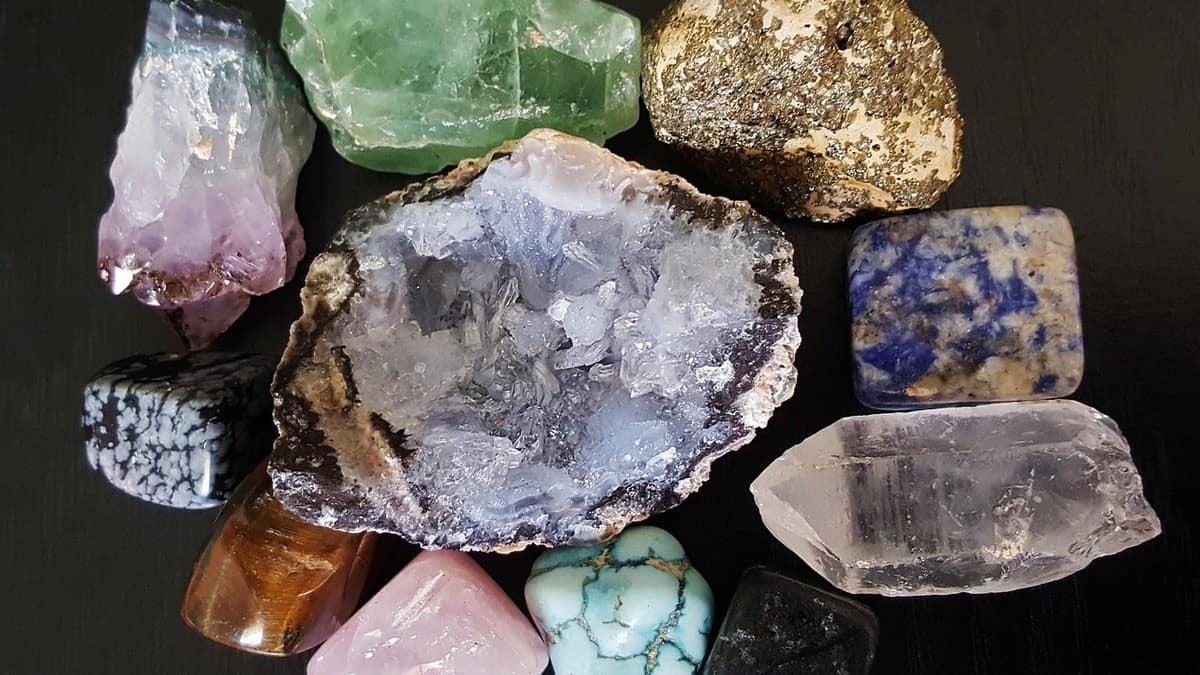The governments of the United States and Japan announced on March 28 that they agreed to a trade deal on critical battery minerals for electric vehicles.
The move is part of the countries’ efforts to solidify their battery supply chains. It will also qualify Japanese electric automakers for the new federal tax credits of up to $7,500 under the Inflation Reduction Act.
“As the demand for electric vehicle batteries is expected to grow significantly, securing important minerals essential for their production is an urgent issue.”
Trade minister Yasutoshi Nishimura
About the deal
The agreement declares neither country will be allowed to enact bilateral export restrictions on EV battery critical minerals, per senior Biden admin officials. As we all know, these minerals entail lithium, nickel, cobalt, graphite, and manganese.
Both countries expect the deal to help cut their reliance on China for the mentioned critical minerals.
The agreement will apparently demand partnership between the countries to fight “non-market policies and practices” of other nations in the EV industry. The US and Japan will cooperate in assessing foreign investments in their key mineral supply chains.
Inflation Reduction Act
Inquirer.NET reports that the Biden administration intends to offer the $7,500 EV tax credits to its “trusted allies” through mineral trade deals.
Notably, the Inflation Reduction Act allots half of the credit for the purchase of North American-produced EVs and batteries.
Therefore, the European Union, Japan, and South Korea are particularly concerned about the new law. They thought that it would put their battery and car makers in a disadvantageous position.
Meanwhile, the remaining half of the credit is conditional upon at least 40% of the battery being mined, processed, or recycled in North America or a country with a US within the United States.
By the end of this week, the US Treasury should specify the sourcing requirements for the EV tax subsidies.
However, the Treasury is yet to decide if the trade agreement would allow Japan-sourced batteries, parts, and vehicles to qualify for that portion of the tax credit.
According to the officials, USTR would not ask Congress to ratify the minerals trade agreement because the agency is already authorized to negotiate sectoral trade agreements at the executive level.
See Also:
- Here’s how much money you can get with the Inflation Reduction Act
- The US EV battery sector might gain $100 billion from the Inflation Reduction Act
- Tesla expects to meet the requirements for the Inflation Reduction Act fully
- BofA Global says Inflation Reduction Act could shift EV battery composition
- Turner-Yates joint venture secured a contract to construct Panasonic’s new EV battery plant in the US
However, they asserted that the agreement’s provisions promoting labor rights and recycling in their supply chains for battery minerals would benefit both nations.
“Japan is one of our most valued trading partners, and this agreement will enable us to deepen our existing bilateral relationship.
This is a welcome moment as the United States continues to work with our allies and partners to strengthen supply chains for critical minerals, including through the Inflation Reduction Act.”
US Trade Representative Katherine Tai
The two nations agreed to evaluate the minerals deal every two years and decide if it should be terminated or modified.

